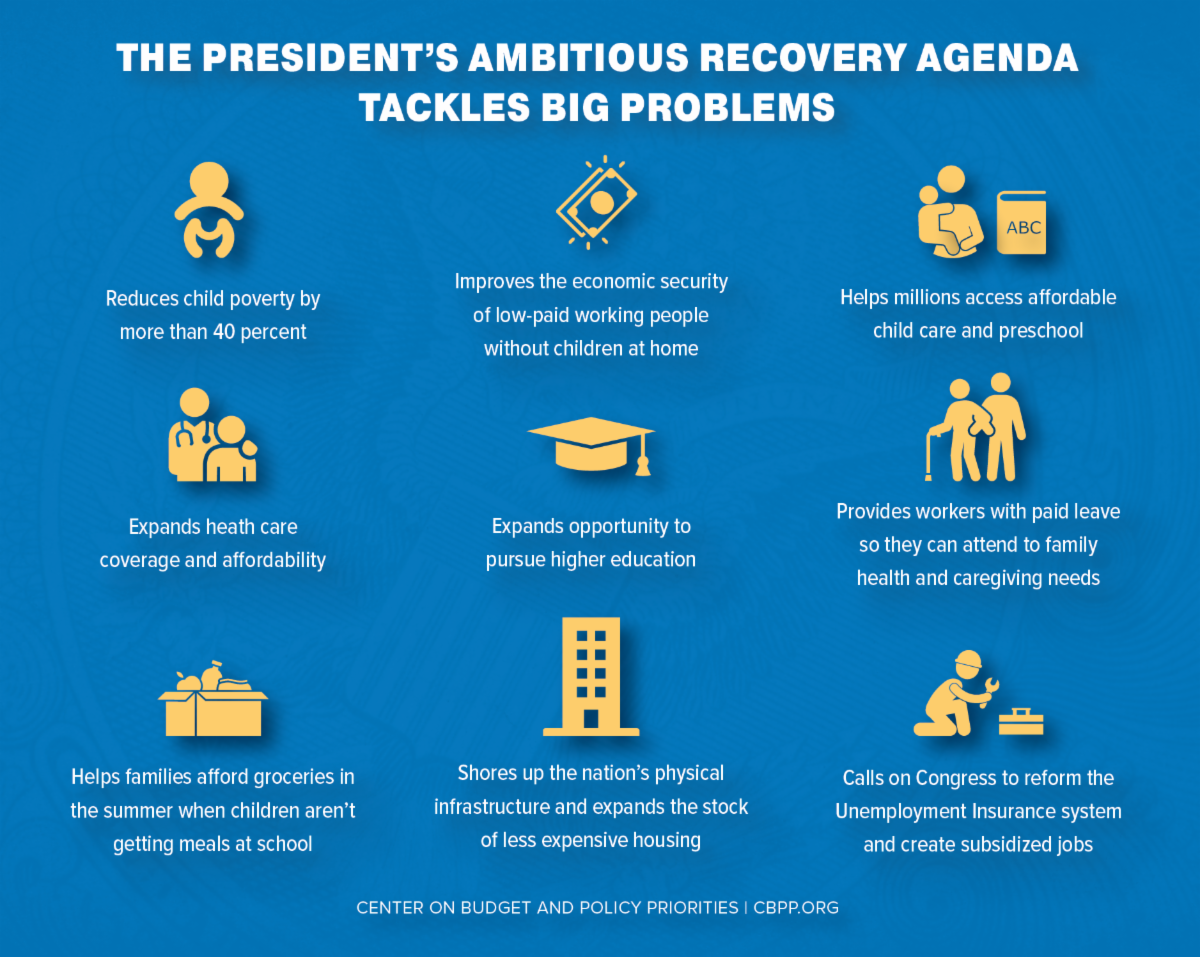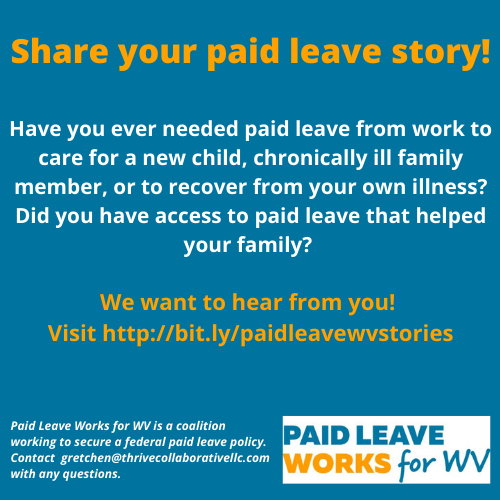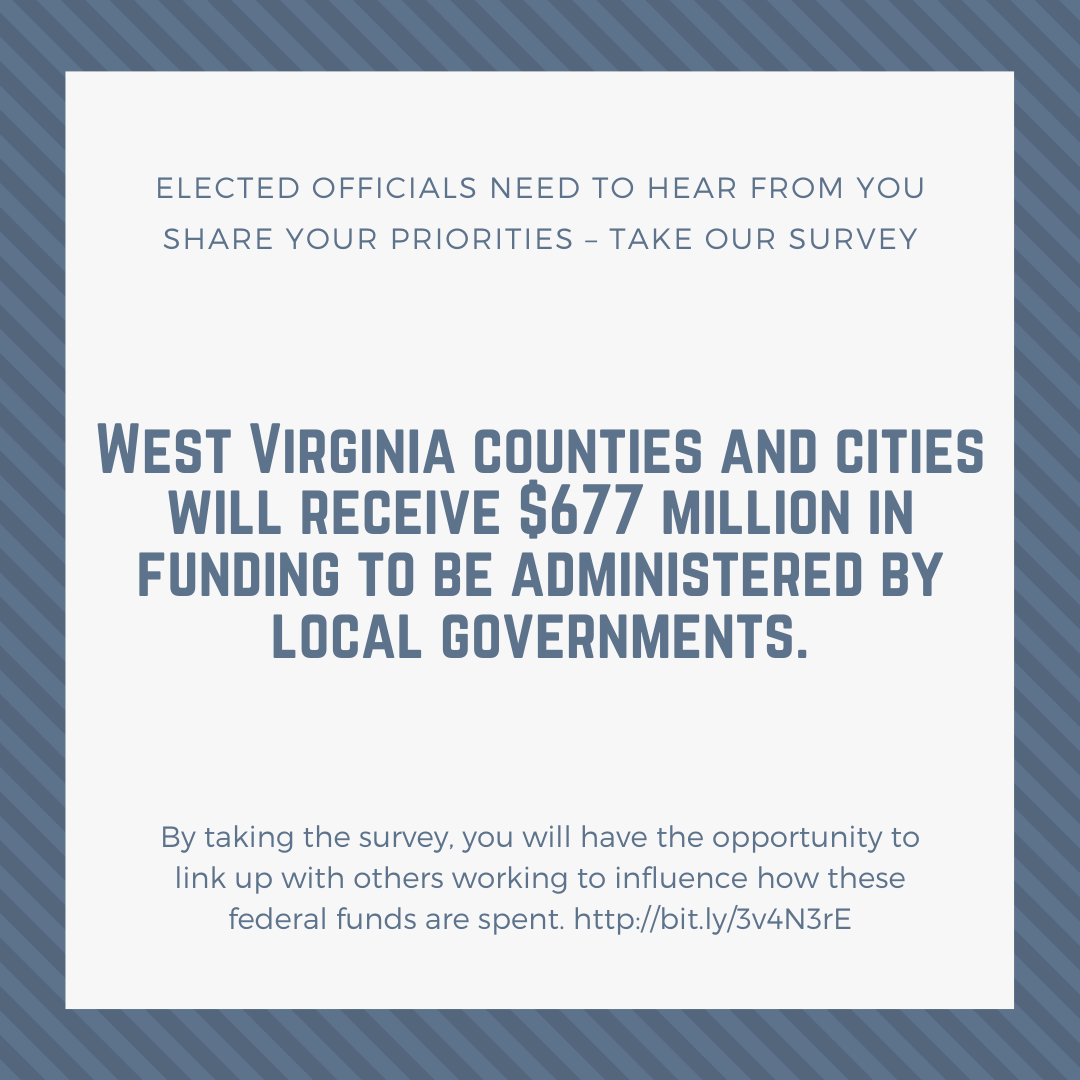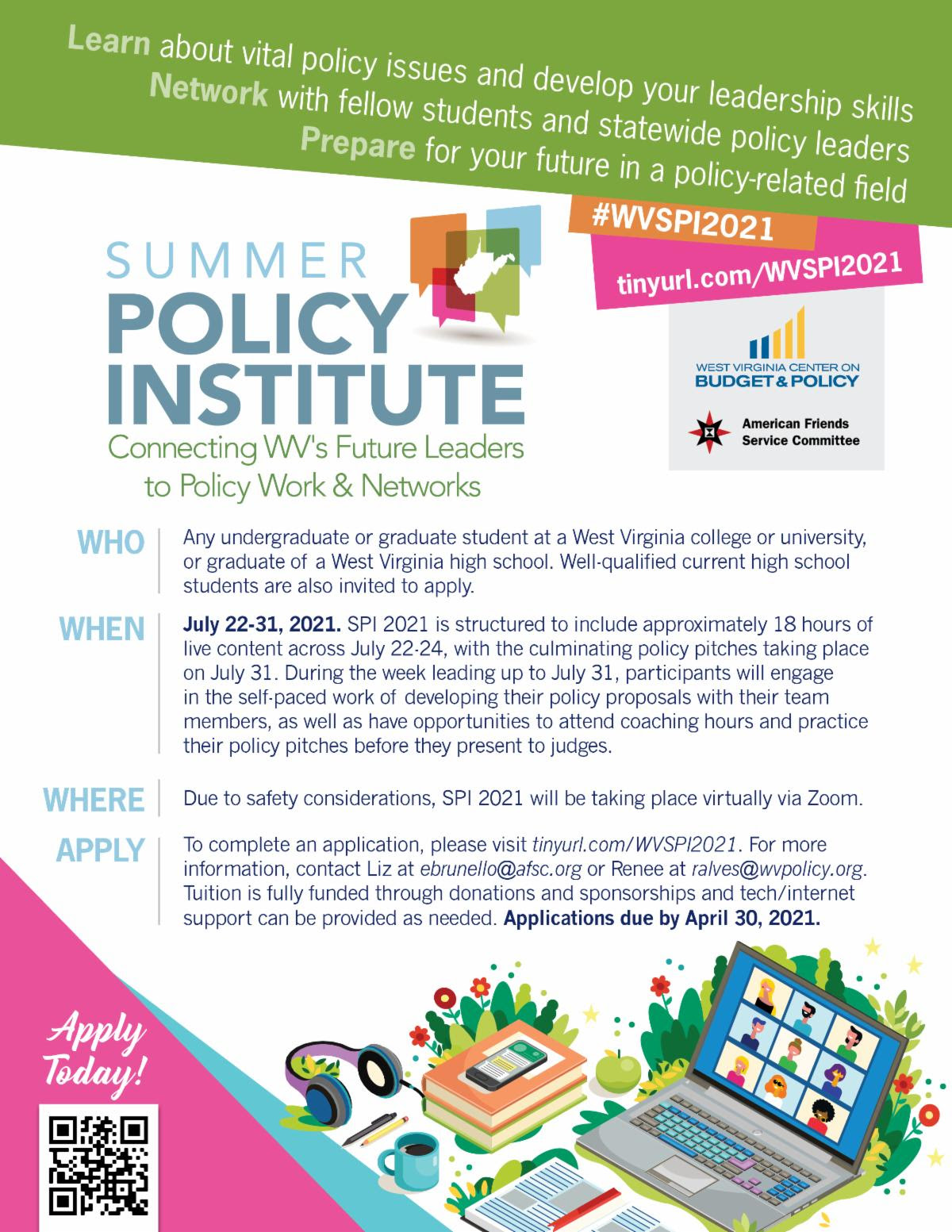Amid a public health emergency, the 2021 state legislative session presented a unique opportunity to improve health and wellness outcomes across West Virginia. This year, delegates and senators introduced several bills related to health care and the social safety net that will impact families across the state, especially those with lower incomes. While some bills had the potential to positively affect West Virginians, others turned into laws that will harm vulnerable populations.
This week’s blog post highlights the good and the bad passed this year, as well as failed bills that may resurface in years to come.
Harmful bills that passed this year:
– Drug Screening for Temporary Public Assistance (SB 387)
– Restrictions on Harm Reduction Programs (SB 334)
– Restructuring Local Health Departments (SB 12)
Positive legislation that passed this year:
– Extending Postpartum Medicaid Coverage to 12 Months (HB 2266)
Harmful bills that did not pass this year, but that we should keep an eye on:
– Establishing Paternity for DHHR Benefits (SB 35)
– Requiring Child Support Compliance for Public Benefits (HB 2911)
Positive bills that did not pass this year, but that we should keep fighting for:
– Reducing the Cost of Prescription Drugs (HB 2166)
– Medicaid Buy-In Program (HB 3001)
– Prohibiting Short-Term Health Insurance Plans (SB 257)
– Permitting Interstate Telemedicine (HB 2004)
Read Rhonda’s full blog post.

In his joint address to Congress on Wednesday night, President Biden outlined his American Families Plan and how it will work to benefit our nation’s children, families, and workers as we emerge from the pandemic. Excerpt from the WVCBP’s formal statement on the recovery package below:
The President’s recovery proposals in the American Jobs Plan and American Families Plan represent a ground-breaking agenda and include many important policies to create a more equitable economy, including critical extensions of the Child Tax Credit and the Earned Income Tax Credit, permanent paid family and medical leave, enhancements to our child care system and nutrition infrastructure, and improvements to education affordability.
The WVCBP’s executive director Kelly Allen said, “The President’s recovery proposal represents a transformative vision that would increase economic stability for hundreds of thousands of West Virginians, invest in long-neglected programs and projects that families need, and ensure a more equitable future. West Virginia would see outsized benefits from this plan and our congressional delegation should support this full package which will advance opportunity in our state for many years to come.”
Our nation can afford to make the critical investments outlined in President Biden’s American Families Plan and American Jobs Plan — and it can’t afford not to. For decades, people at the very top and corporations have reaped disproportionate gains and used special tax breaks and loopholes to avoid paying all the taxes they owe. It makes sense, as the President has proposed, to ask the wealthiest among us and corporations to pay a fairer share of federal taxes to fund the investments that would help build a more equitable economy that works for all of us.
We urge West Virginia’s congressional delegation to utilize this historic opportunity and enact policies that will permanently change the trajectory of our state for the better by improving opportunities for hundreds of thousands of West Virginia families.
Read our full statement.
Kelly also wrote an op-ed this week emphasizing that long-term solutions are needed in order for West Virginia to experience a just recovery and that our state’s congressional delegation should feel compelled to do their part to help make this equitable recovery a reality. Read her full op-ed here.

The 2020 Census results are in and they have confirmed what we already knew to be true– West Virginia’s population is in decline. But what are the implications of this population decline for the state? A new Mountain State Spotlight article with insight from our very own Sean O’Leary breaks it all down. Excerpt below:
The first round of 2020 U.S. Census data is in, and as expected, West Virginia has lost more residents and another congressional seat.
There are 1,793,716 people living in the Mountain State. There are also an additional 1,329 West Virginians living overseas, such as U.S. military members and federal civilian employees and their families.
West Virginia, one of three states to lose population since 2010, had the largest percentage loss of any state at 3.2%, according to the data released Monday. Though there have been some years with slight upticks, the population has been on an overall decline since the 1950s, according to census results.
Ultimately, West Virginia is the only state to have fewer residents now than it did 70 years ago, according to PolitiFact.
As a result, West Virginia will lose one of its three U.S. House of Representatives seats in 2022… But there are a lot of unanswered questions, too: redistricting won’t happen until the government releases more census data later this year, so it’s unknown how the state’s congressional districts will be split, and which of its current three representatives could be competing against each other for reelection.
Besides congressional representation, census data guides large allocations of federal money.
State officials estimated only 74% of the state’s population responded to the 2010 census, and pushed to increase participation this time around.
…it’s too early to say how many people could have been missed during the census count or double-counted; that information will be released later in the year. But with West Virginia’s declining population, it does stand to lose money.
You can read the full article here and view a news segment on the recent census results and their implications here.

On Monday, May 3 at 4:00pm, a broad coalition of stakeholders will launch Paid Leave Works for WV, a statewide advocacy campaign in support of comprehensive Paid Family and Medical Leave (PFML). The virtual launch will include a panel of West Virginians directly impacted by the need for paid leave and a short update on how the proposed PFML policy in President Biden’s American Families Plan will impact families and businesses in the Mountain State.
You can tune in to the virtual launch via Facebook Live. Livestream will start promptly at 4pm.
Paid Leave Works for WV is focused on advocating for a robust paid family and medical leave policy that ensures no one has to choose between their job and caring for themselves or a loved one. The WVCBP is a proud member of this new coalition.
To stay up to date on the coalition’s work, follow them on Facebook, Twitter, and Instagram.
And one last thing — we’re looking to collect stories from across the Mountain State! If you and your family have benefited from paid leave, please share your story and help us advocate to make this policy available for all West Virginians. We encourage you to share the form with relevant friends and family members, too!

As the COVID-19 pandemic raged through 2020, West Virginia’s local health departments worked tirelessly to keep us safe despite not being equipped with adequate resources to take on such a gargantuan task. Now, in addition to being underfunded, these departments will also lose some of their decision-making autonomy regarding health issues affecting their communities. A new Mountain State Spotlight article that draws upon research from the WVCBP has more details. Excerpt below:
Five years ago, West Virginia lawmakers cut state funding to local health departments by 25%.
The move — equivalent to an annual loss of $4 million — was a hit to the infrastructure that supports the well-being of our communities: the local workers who protect West Virginians against the spread of communicable disease, inspecting restaurants, responding to environmental hazards and providing basic health care services to residents in need.
Fast forward to 2021. For more than a year, local health officials have been working overtime, guiding West Virginia through the pandemic by testing, contact-tracing, vaccinating and fielding phone call upon phone call from West Virginians seeking help and information about COVID-19.
And they’re doing it with smaller budgets, stressed-out staffs and — soon — less autonomy than they used to have, due to legislation that puts some health decisions in the hands of politicians.
Given the work being done, they [local health officials] would have liked to see West Virginia lawmakers take action to provide more financial support and resources to public health departments this year. But that didn’t happen.
“We don’t feel appreciated by the Legislature. We don’t feel like what we do really matters to them,” White said. “It would have been a great time to show the local health departments taking care of the citizens of our state that they appreciate what we’re doing. But they didn’t do that. This session was largely seen as an attack on public health.”
Read the full article here.

In the next several weeks, the first of $677 million will be distributed to county and city governments throughout West Virginia. The goal of this money is to support local efforts to recover from the widespread devastation caused by the COVID-19 pandemic, but how the money is spent will largely be up to the local government in question. With your help, we can create a list of priorities that center the needs of those most impacted, and a group of folks to advocate for the aid that is most needed.
We want to hear from YOU.
How do you think your local government could spend this funding? What areas of your city have suffered the most from the pandemic? What kinds of investments will help your community long term? Let us know by filling out this survey.
There are no wrong answers, and please share this survey with anyone whose input you’d like to see considered. We appreciate your thought and time!

WVCBP’s Summer Policy Institute (SPI) is an annual event for college students and young people interested in bettering West Virginia through policy change. SPI brings together highly qualified traditional and non-traditional college students and young people to build policy knowledge, leadership skills, and networks.
Attendees participate in interactive sessions where they learn the basics of data, policy, and state government and build their organizing and advocacy skills. Throughout the convening, attendees work in small groups to identify and develop policy proposals to shape the future they want to see in West Virginia, culminating in team “policy pitches” to state legislators and policy professionals. Many SPI attendees have gone on to continue advocating for their policy idea and to hold internships with West Virginia non-profits and in state government.
Applications for SPI are being considered through April 30. Further details and link to apply here.
